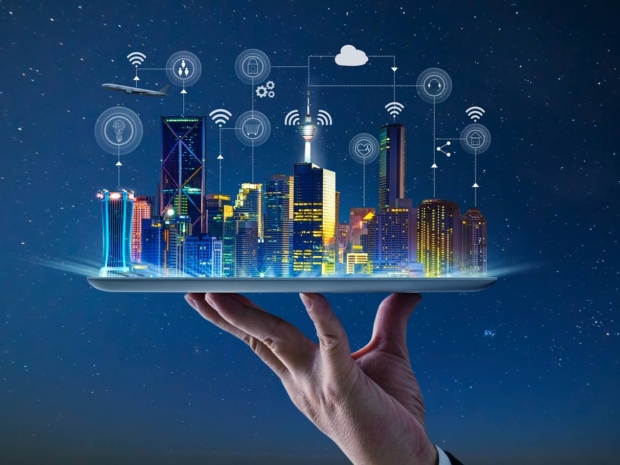Writing in his blog, Williams cited an IDC report which said that an estimated two thirds of cities globally would be investing in smart city technology by up to $135 billion by 2021.
Williams said that technological advances in smart cities could potentially impact jobs and skills, showing which jobs that are set to grow between now and 2026 are most likely to be automated.
While management and supervisory roles are the most secure, low-paying positions involving manual labour are the ones most at risk.
London has been placed as the world’s third-leading smart city, which is a step forward given that its population once voted for Boris Johnson to be its mayor.
Singapore and Dubai were next thanks to their advanced open data policies and thriving start-up ecosystem, Williams said.
Williams said many businesses are now allowing a BYOD policy, which means employees can use their tablets, smartphones, laptops and wearable tech to complete their tasks and send work-related communications.
According to research by Techjury, 67 percent of employees say they now use personal devices at work, and 87 percent of businesses rely on their workers’ access to mobile business apps. By allowing workers to take their favourite at-home tech and integrate it into daily work life, they will be able to work remotely in more efficient ways, Williams said.
He said that workplace wellness is a growing trend. Employers are recognising the dangers of overworking, presenteeism, work addiction and burnout. In the US, 70-80 per cent of companies believes that wellness programmes reduce absenteeism and boost productivity, according to a Global Wellness Institute Survey. This shows that more companies are looking to make positive changes to improve the wellbeing of their employees, and tech is making this easier.
“Wearable devices like Fitbit and Jawbone allow employees to monitor their stats, from steps taken to calorie consumption to heart rate. This can empower them to take control of their health and practice better wellness habits daily. Smart offices can also make use of collected data from wearable devices by analysing it to identify potential health risks in their workplace", Williams said.
He warned that as the wireless technology and BYOD trends continue to rise, the need for advanced security tech rises with them. More data is being stored in the cloud, and if that data isn’t secured correctly, companies risk losing or leaking a lot of sensitive information.
A recent US review by SHRM found that nearly half of organisations surveyed (46 percent ) are now using biometric authentication tech to protect data on smartphones. Flexible offices with excellent network security, a choice of shared and private workspaces, and round-the-clock on-premises security offerings are helping companies to operate in a safer and more secure environment, Williams said.
Smart workplace solutions improve productivity and make it easier for teams to complete their daily tasks, using state-of-the-art tech to make the process smoother.
IT companies, design studios and web development businesses can all benefit from a fully serviced and connected setup. Beyond office life, those working in labs and research facilities can operate safely with excellent security and data protection. Even warehousing and manufacturing are transforming as companies like Amazon and Boeing harness the power of IoT technology.

